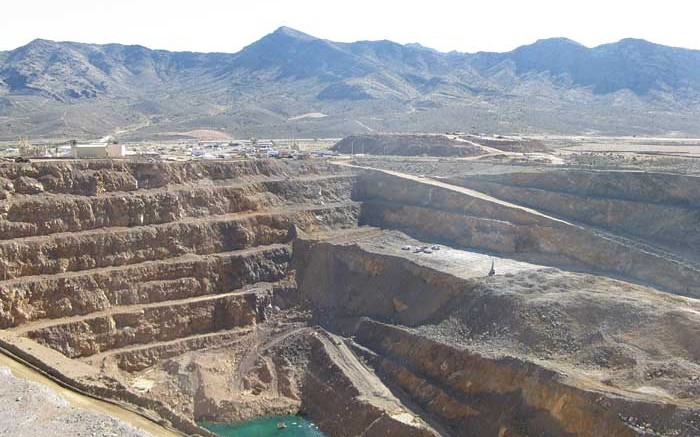A dispute panel at the Word Trade Organization (WTO) has reached a strong decision against the Chinese government policy of restricting exports of rare earth minerals, tungsten and molybdenum — all key ingredients in high-value, high-tech manufacturing, including sensitive military applications.
The battle against unfair Chinese export quotas and duties in rare earths and related minerals has its roots in a complaint filed in 2010 by the United Steelworkers, which represents 300 workers at Molycorp’s Mountain Pass rare earths mine in California — currently the only rare earths mine in the U.S. (Last year, Molycorp lost US$386 million on US$554 million in revenue.)
In March 2012, U.S. President Barack Obama brought the global trade case against Chinese trading practices in rare earths, tungsten and molybdenum to the WTO, and was soon joined by the European Union and Japan. Canada and 14 other countries signed on as third-party complainants.
The U.S. government says its move in 2012 was prompted by China cutting its export quotas for rare earths, which “caused a spike in world prices and considerable disruption” to the global rare earths market, in which China produces more than 90%.
China similarly produces 90% of the world’s tungsten and 36% of its moly.
China has been defending these export constraints by citing environmental and conservation concerns.
“Time and again, the Obama administration has made clear that we are willing to go to the mat for American workers and businesses to make sure that the playing field is fair and level,” said U.S. Trade Representative Michael Froman in a release applauding the WTO ruling. “China’s decision to promote its own industry and discriminate against U.S. companies has caused U.S. manufacturers to pay as much as three times more than what their Chinese competitors pay for the exact same rare earths.
Steelworkers president Leo Gerard noted in a release that once the Mountain Pass mine had closed a few years back, “China tightened the supply noose and strangled domestic manufacturers who rely on rare earths. Some industrial customers had to pay inflated prices for those products. Others relocated their plants to China that relied on supplies of rare earths for producing products like electrical lighting. China achieved its intended goal of moving production out of the U.S. and into China.”
Gerard added that having the Mountain Pass mine and refinery coming back online “will help ensure that China can’t hold America and other nations hostage in the future.”
The European Commission for trade commented that “the verdict is clear: export restrictions cannot be imposed supposedly to conserve exhaustible natural resources if domestic use of the same raw materials is not limited for the same purpose.”
EU Trade Commissioner Karel de Gucht added that the WTO ruling “shows that no one country can hoard its raw materials from the global marketplace at the expense of its other WTO partners.”
The Chinese government has 60 days to appeal the ruling.


Be the first to comment on "China loses REE dispute at WTO"